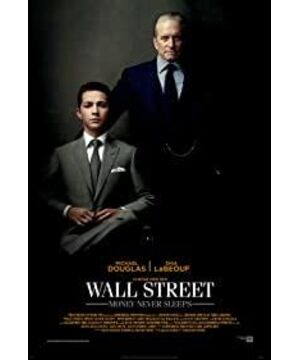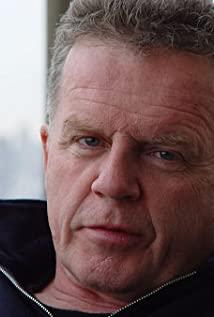This cold joke, which is not funny, just represents the impression of the whole movie: For people who do not understand a lot of financial knowledge and American political dynamics before and after the financial crisis, they may be a little bit incomprehensible; but for those who understand For people, it’s too superficial, mediocre, or even naive and ridiculous.
In the United States, the analysis of the downfall of Lehman Brothers has long been on the streets, and the attack on the evil empire of Goldman Sachs is not news. The slogan of the division of Main Street and Wall Street has also been used countless times by several politicians from the Republican Party to the Democratic Party. Repeatedly and become a cliche empty preaching.
It's just that Fuld, the former president of Lehman Brothers, did not choose to commit suicide with dignity like the old man in the film. According to the Wall Street Journal, he was only reprimanded or beaten by his former employees at a high-level gym in New York; Goldman Sachs None of the executives in the film were caught in a pigtail like the arrogant Latino tycoon in the film and couldn’t get off the stage; and the masses on Main Street are even more invisible throughout the movie, but the pair are not humble. The experience of the young couple reuniting with the loss of 100 million US dollars is sighing. The majestic style of refusing to accept a gambling and leaving dignity to death, the fate of the conspirator Tiandao reincarnation, and the rich and rich couples and the wealthy Pepsi, after all, are only the wishful thinking of Oliver Stone, a radical liberal literati. Innocent viewers of us have to follow the cluttered logic of the big director's three-legged cat to look for clues in morality in the reality that existence is reasonable.
Is greed good? Is greed bad?
If greed is like taking other people’s money to invest irresponsibly on your own, it should be bad, right?
If greed is unrestrained borrowing for one's own consumption as described in the film, should it be bad?
What if greed is just like in the film in order to use capital to avenge one's own enemies and return justice to the world?
What if greed is just like in the film in order to buy a Bulgari collector's edition ring for your beloved woman at the time of engagement?
What if greed is just like in the film in order to realize its new energy dream of changing the world?
Or only when these metaphysical problems are so far removed from reality can we accept the contradictory and happy ending of the film. Gekko, his daughter-in-law, and even the director Oliver Stone himself can no longer answer what is right or wrong.
In any case, the first Wall Street failed to prevent countless young talents from joining the lucrative financial industry one after another, and the second Wall Street would not prevent the next bubble from coming. The so-called movie is just a smile.
PS An interesting little tidbit: In the movie, it is necessary to show the wealth ranking of a certain economic management magazine. After an advertising bidding, the crew decided to use "Fortune" instead of "Forbes", so Forbes published a bad review of the film. I think this story is more profound than this film. Ha ha.
View more about Wall Street: Money Never Sleeps reviews










